Tenants are more at risk from domestic fires than homeowners, mainly because more adults sharing a property means more personal gadgets and heavier use of appliances.
Admittedly, fire regulations are a deeply unsexy subject, but they exist to protect your property from devastating damage that could leave your tenants homeless or injured, and you without an income.
Poor fire safety can also lead to fines of up to £30,000 and, in the most severe cases, criminal prosecution. So, in this week’s blog, we’re looking at the rules and some good practices around:
- Landlords basic obligations
- Gas, electrics and heating
- Communal areas and escape routes
- Smoke alarms and carbon monoxide detectors
- Furnished lettings
Individual local authorities can interpret some rules differently, so if you’d like to know more about fire regulations in the Wilton & Salisbury area, call us on 01722 580059 or email us at info@piccoloproperty.co.uk.
And now, let’s get started!
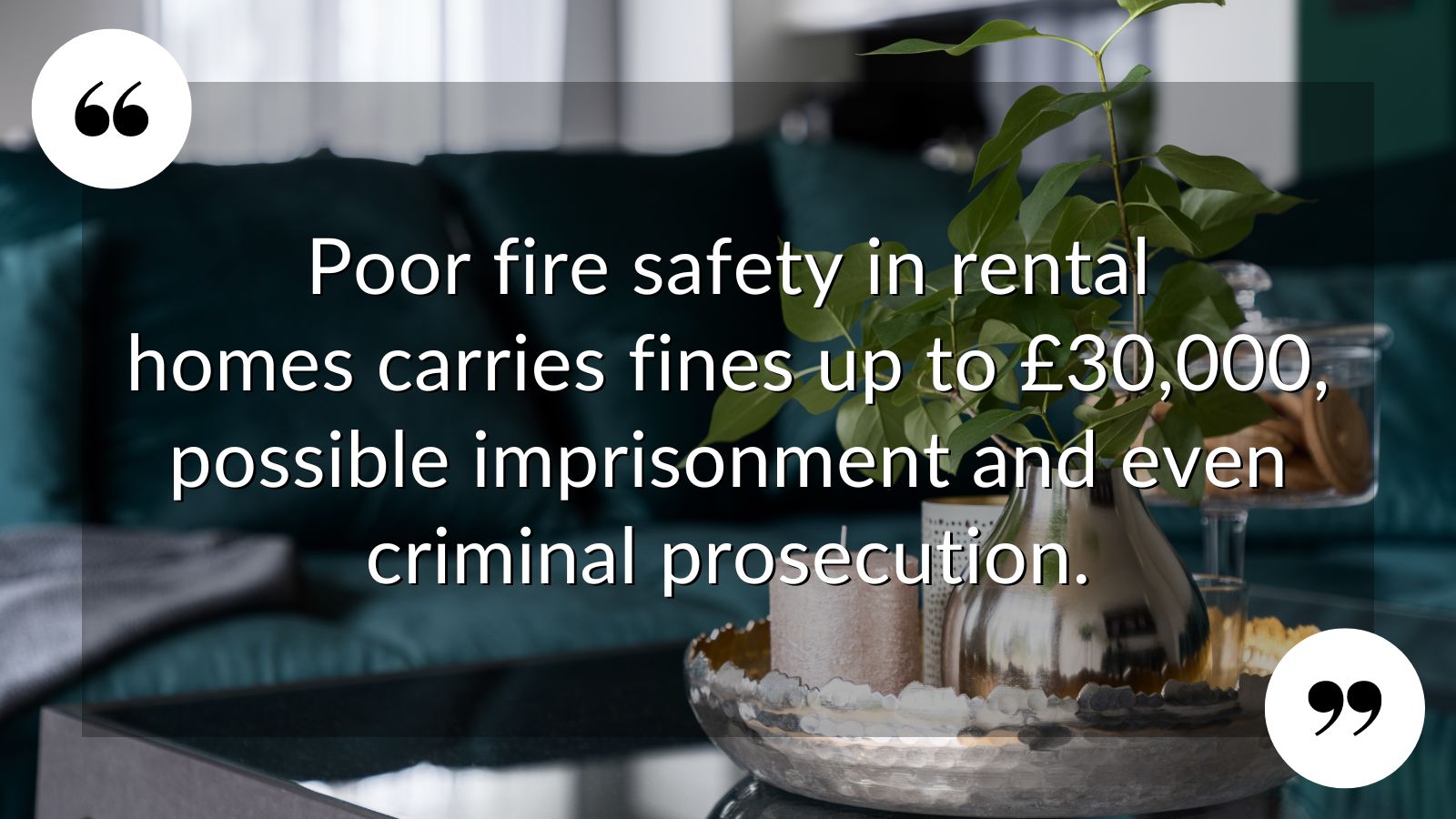
LANDLORDS BASIC OBLIGATIONS
Among the long list of fire regulations covering landlords and rental homes, there are a few fundamentals to get right, and as a minimum standard, you must:
- Install the correct number of smoke alarms and CO2 detectors for the type of property you’re renting out, and maintain valid certificates for gas and electrical safety.
- Ensure that any furnishings you supply meet current fire safety regulations and replace any that fall short of the standards.
- Show your tenants their escape route in the event of a fire. If your rental property is an HMO, you must conduct an annual Fire Risk Assessment and rectify any identified hazards.
It’s our job to stay on top of all this and keep every property we manage safe and legal, so if you’d like us to do the same for you, drop us a line at info@piccoloproperty.co.uk or call us on 01722 580059.
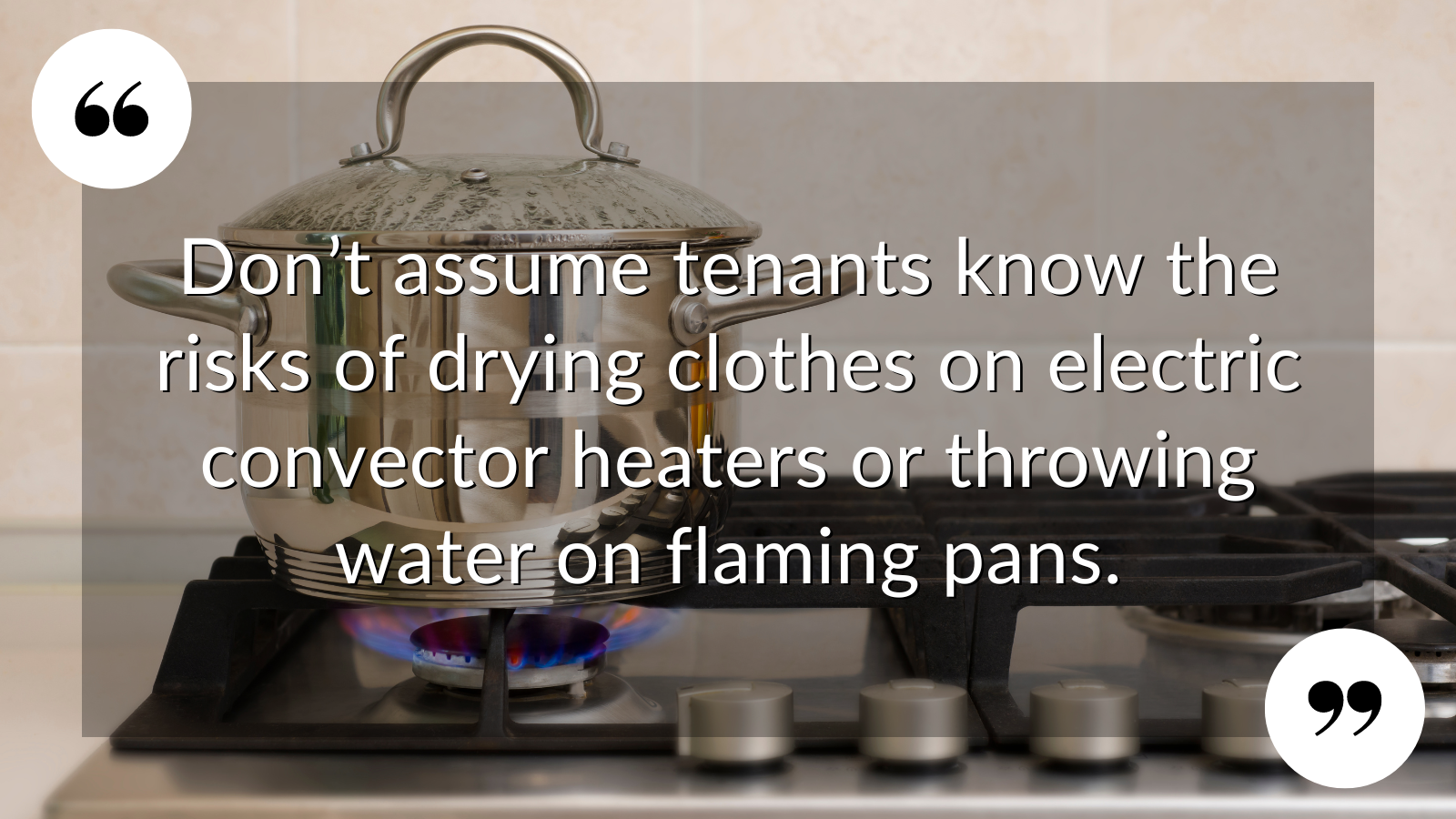
GAS, ELECTRICS AND HEATING
Most fire‑related injuries at home involve cooking, while faulty electrics cause about 4,000 domestic fires every year in the UK.
To combat this, there are regulations to follow, but also some sound advice to give to your tenants to make them aware of potential hazards.
- All rental properties must be tested by a registered electrician every five years (three for HMOs in Scotland) and by a registered gas engineer every year.
- You must obtain certificates from the tests and give copies to new tenants before their tenancy starts, and to existing tenants with each certificate’s renewal.
- It’s good practice to alert your tenants to fire risks from their behaviour, such as hanging clothes to dry over electric convector heaters, or throwing water over a flaming pan.
Even if some of this sounds like common sense, don’t assume your tenant has the same knowledge as you. The small effort in alerting them is far preferable to the risks of saying nothing.
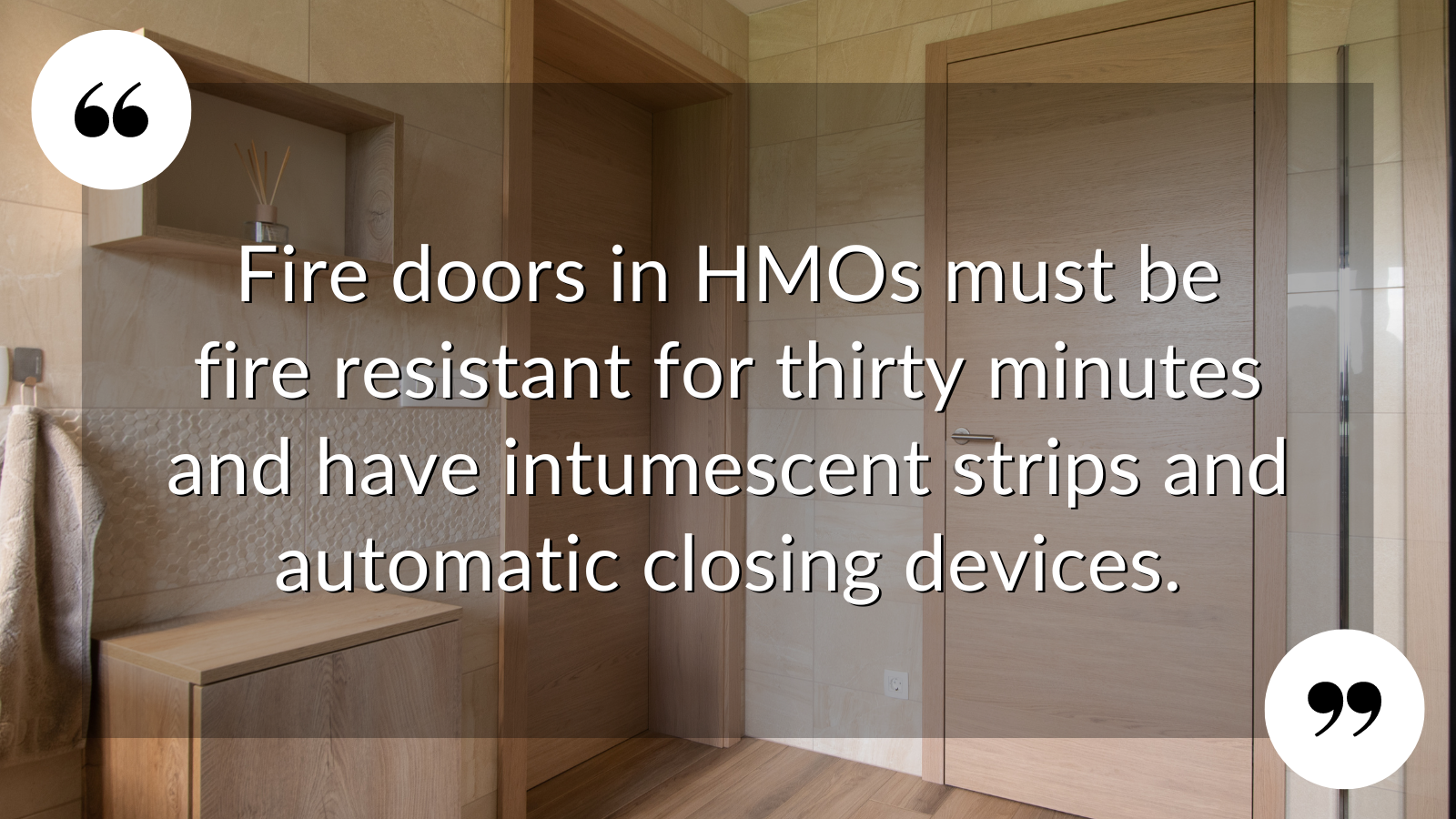
COMMUNAL AREAS & ESCAPE ROUTES
Given the extra people living in HMOs, it’s little wonder that fire regulations are even stricter to ensure maximum safety for every tenant. The main rules stipulate that:
- In all HMOs, every individually let room must be fitted with a fire door along with other higher-risk spaces like kitchens and any room containing a boiler.
- Fire doors must have intumescent strips, an automatic closing device, be fire resistant for thirty minutes, and have nothing screwed or nailed into them as it weakens their performance.
- Communal halls, stairs and landings should be kept free of obstructions and escape routes should be clearly pointed out to tenants at the beginning of their tenancy.
The rules get stricter for HMOs with three or more floors, so if you want to clarify anything about a property you own or are thinking of buying, call us on 01722 580059 for a chat with our team.
SMOKE ALARMS & CO2 DETECTORS
Being overcome by gas or smoke is the most common fire-related fatality, accounting for around a third of deaths, so working smoke alarms save lives. Here are the rules to follow.
- Smoke alarms must be fitted on every floor of accommodation in a rental property. In HMOs, the requirement extends to each rented bedroom along with shared living rooms and kitchens.
- Carbon monoxide detectors must be installed in any room with a solid-fuel appliance like a coal fire or wood-burning stove.
- All alarms and detectors must be tested on the day a tenancy starts, even if they were tested as recently as the day before.
As a landlord, you must repair or replace smoke and carbon monoxide alarms as soon as you know about a fault. There’s a useful booklet with all the latest legislation updates on the gov.uk website.
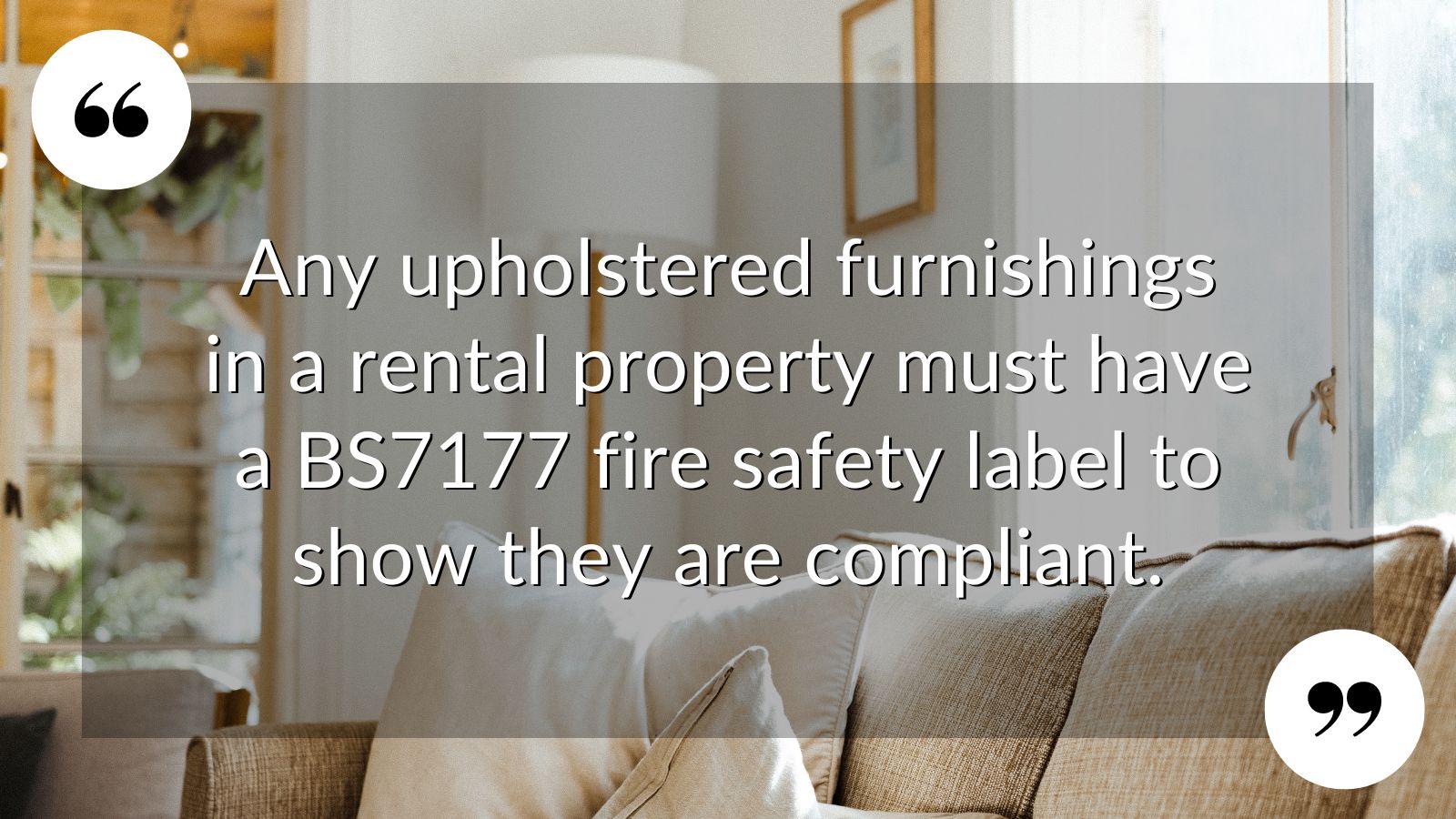
FURNISHED LETTINGS
Most landlords let their properties empty, but if yours includes furniture (perhaps you’re renting out your own home, or you operate student lettings), there are strict regulations to follow, including:
- Any upholstered furnishings manufactured after 1950, from sofas and dining chairs to mattresses and headboards, must comply with current fire safety regulations.
- Every qualifying item must display a label that shows it meets the BS7177 British Fire Safety standard, so remember to tell your tenants not to cut them off!
- Each item of non-compliant furniture carries a £5,000 fine and will almost certainly invalidate your buildings and contents insurance in the event of a fire.
From our experience, most long-term tenants prefer to have their own furniture (even in HMOs) to create a sense of home, which makes unfurnished lettings the simplest and often most popular route.
Is your rental property fire-safe?
Given the risks to your property, the personal safety of your tenants, and the penalties for landlords who fall short of fire safety regulations, you can’t be too informed about your legal obligations.
So, if you own a rental property in the Wilton & Salisbury area and want to be absolutely certain that it’s legally compliant, call us on 01722 580059 or message us at info@piccoloproperty.co.uk for a chat with our team.

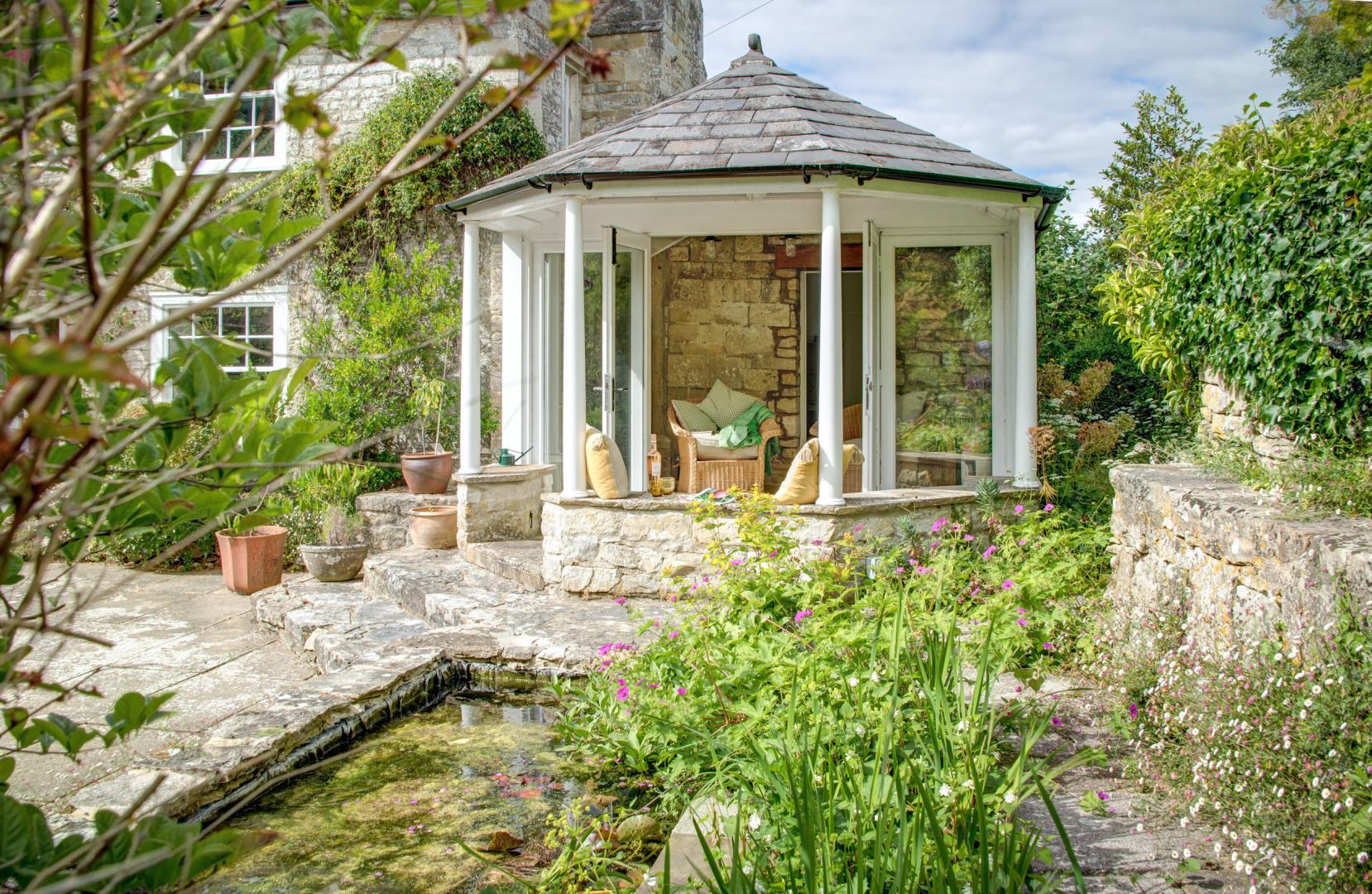
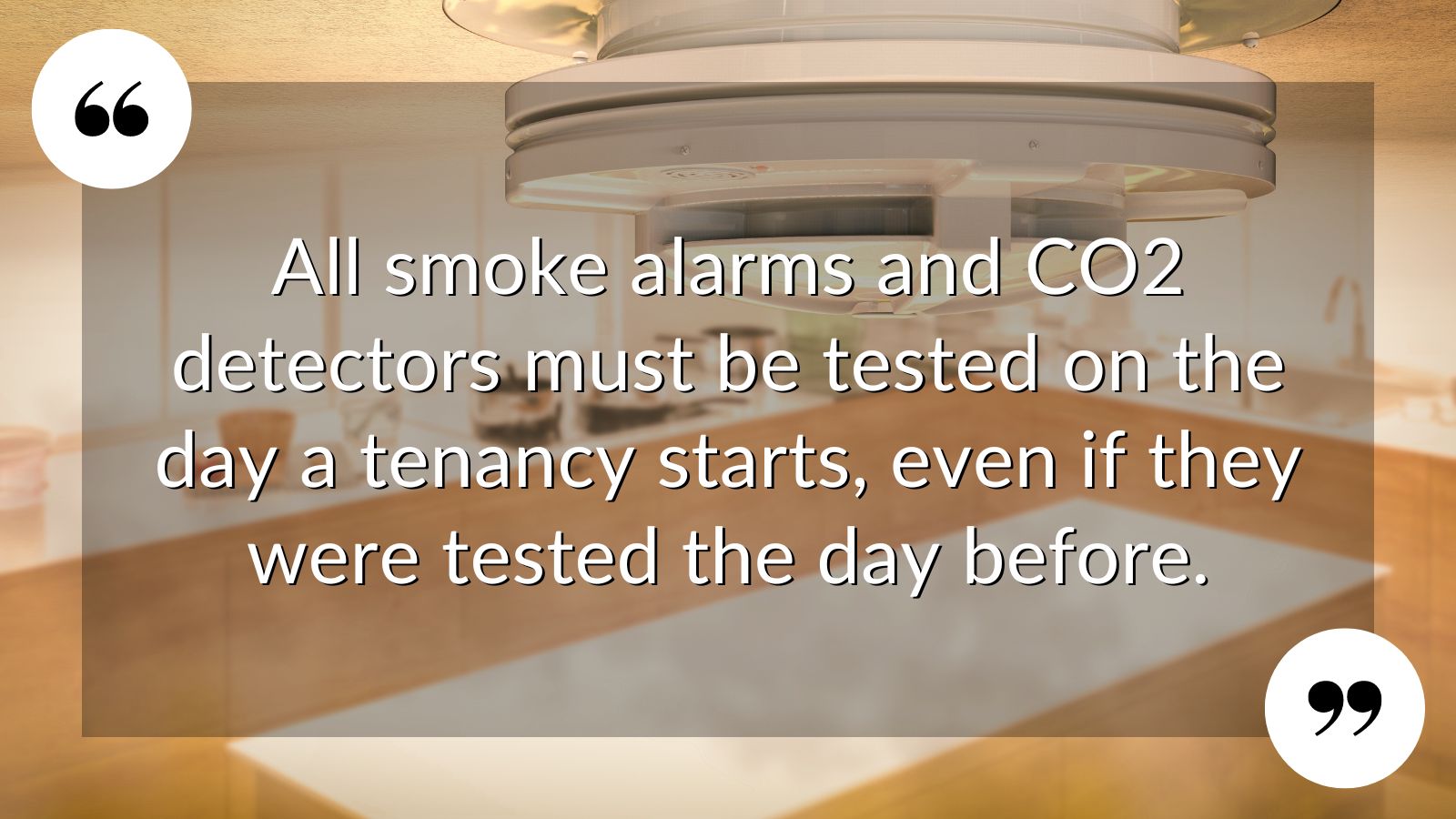

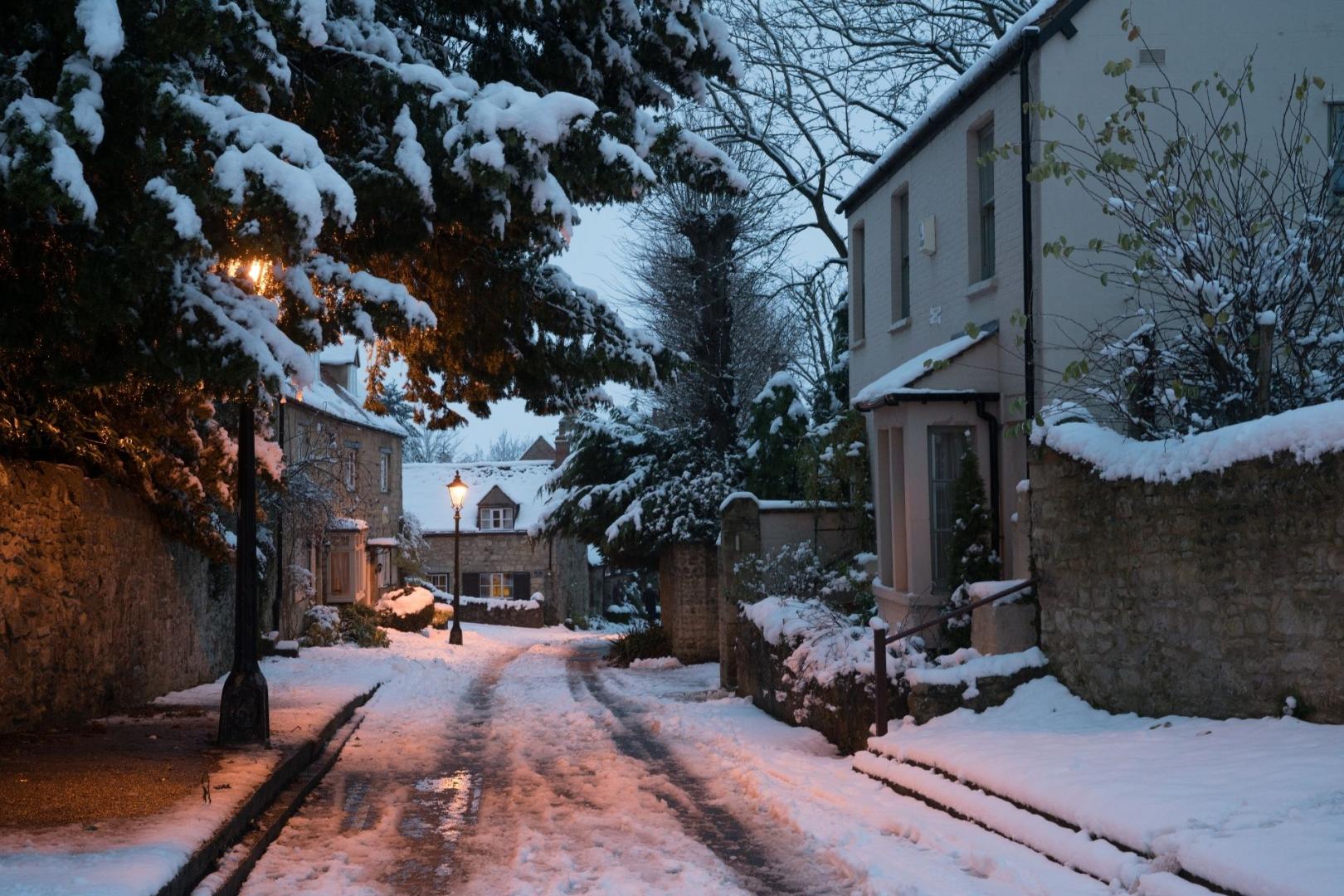


Share this with
Email
Facebook
Messenger
Twitter
Pinterest
LinkedIn
Copy this link